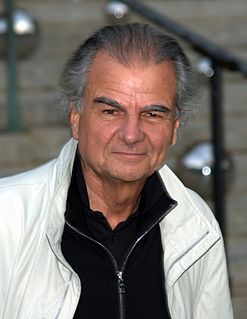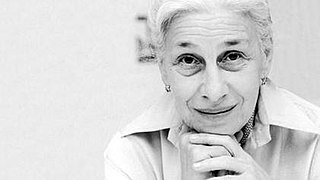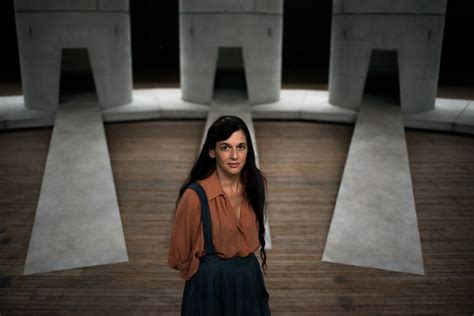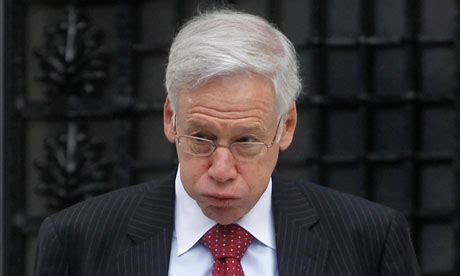A Quote by Patrick Demarchelier
Photography is an accident.
Quote Topics
Related Quotes
To know whether photography is or is not an art matters little. What is important is to distinguish between good and bad photography. By good is meant that photography which accepts all the limitations inherent in photographic technique and takes advantage of the possibilities and characteristics the medium offers. By bad photography is mean that which is done, one may say, with a kind of inferiority complex, with no appreciation of what photography itself offers: but on the contrary, recurring to all sorts of imitations.


































